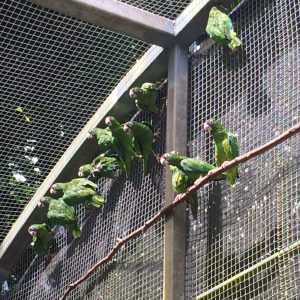
Despite the precipitous drop in the price of DNA sequencing, global credit crunches have shrunk the science budgets able to properly take advantage of this. At least in the case of non-medical research.

Despite the precipitous drop in the price of DNA sequencing, global credit crunches have shrunk the science budgets able to properly take advantage of this. At least in the case of non-medical research.
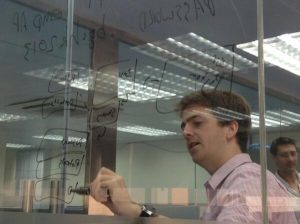
Data Club is Gonna Show You How As science is supposed to be about “standing on the shoulders of giants”, we all know sharing scientific data should be a good thing, but there are obviously large technical and cultural challenges holding things back.

Boston 2014: More than a (Bioinformatics) Feeling Following from our previous posting on BOSC, our birthday and the BMC Open Data award party in Boston, on top of having to dash between the many great talks and sessions at ISMB, we were kept even busier than usual helping to organize and present in a special Beyond-the-PDF inspired “What Bioinformaticians need to know about digital publishing beyond the PDF” workshop at the end

Shedding light on what the Optical Mapping System can provide for genome analysis, here we present a guest posting from optical mapping pioneer and developer (and GigaScience Editorial Board Member), David C. Schwartz, who is a Professor of Chemistry and Genetics at the University of Wisconsin-Madison. ** Taking the Google Maps approach: providing comprehensive, scalable worldviews** We use maps in our daily lives to
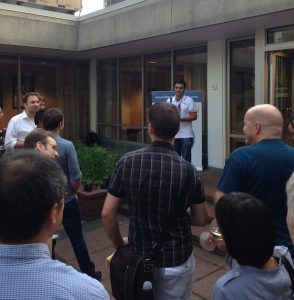
Birthdays are always emotional. The GigaScience team are on their way back from the always jam packed ISMB meeting and its satellite SIGs. This year was a particularly event filled one, with our second birthday, the BMC open data award and drinks reception, and our “What Bioinformaticians need to know about digital publishing beyond the PDF2” workshop all falling during the meeting.

Editors: Mark Wass (University of Kent, UK), Iddo Friedberg (Miami University, Oxford, Ohio, USA), Predrag Radivojac (Indiana University, Bloomington, Indiana, USA) A key to understanding life at the molecular level is based on accurate protein annotation at the functional level.
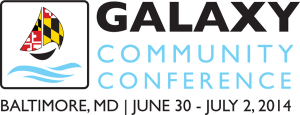
The upcoming 2014 Galaxy Community Conference (GCC2014) has just opened early registration, and following from our series announced at the last meeting we are renewing our call for papers for our special thematic focused series on studies utilizing large-scale datasets and workflows.
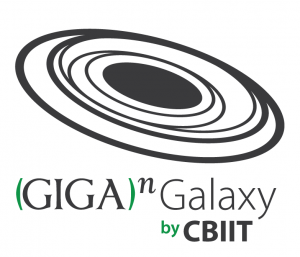
Push the button! GigaScience moves toward more interactive articles Research articles are being published with increasingly large and complicated supporting datasets, together with the software code used in analyses of the data.
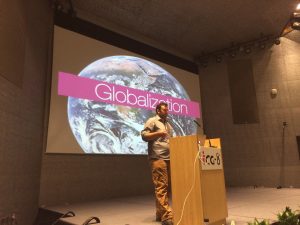
Visualizations are becoming increasing important to graphically illustrate, understand, and glean insight from the explosion of larger and larger datasets in this supposed era of “big data”. Microbial ecology and the study of the microbiome is revolutionizing how we look at health, microorganism diversity and ecological interactions, but these studies are proving challenging to deal with the ever-expanding numbers of specimens sampled.
Editors: Mark Wass (University of Kent, UK), Iddo Friedberg (Miami University, Oxford, Ohio, USA), Predrag Radivojac (Indiana University, Bloomington, Indiana, USA) Last July, GigaScience and the organisers of the Automated Function Prediction special interest group at ISMB announced an upcoming series on Automated Function Prediction.